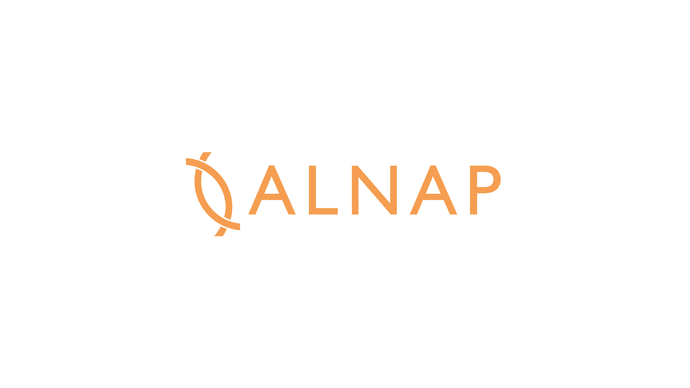Hello world! I’m excited to share a new LLST-adjacent project with the world: my personal game development portfolio. I have it on high authority that games don’t have to be serious–they can be fun, too. Check out all the fun stuff at https://matthew-r-stevens.ca to see what I’ve been up to!
News and Updates
Can a game teach us about humanitarian response? A look back at the Community-Based Simulation Development Project!
We are excited to share a short documentary on the Community-Based Simulation Development Project! We wrapped up project activities in late October 2021, with 27 fantastic participants completing the 8-month training program. Stay tuned for some more updates on the exciting outcomes of the project in the coming weeks! For those of you who are new to the project, the […]
Playtesting Daybreak
At the end of July and beginning of August, the Lessons Learned team (alongside Route 726 collaborator Carolyn Aubry) had the wonderful privilege to play test Daybreak, an upcoming board game about the climate crisis designed by Matt Leacock and Matteo Menapace. This cooperative game will place players into the roles of world leaders, with each person guiding one of […]
Digital Facilitation Tools Series: Tabletopia
Welcome to LLST’s Digital Facilitation Tools Series. In this series we will cover a selection of digital tools, each of which can be used to help facilitate online trainings, simulations, and serious games. Every post in this series will provide an overview of one product, discuss that product’s strengths and weaknesses, examine its accessibility and ease of use, and describe […]
Check it Out — Make A Move
The Lessons Learned team is excited to try out Make A Move (or Toma el Paso) a board game designed by Lien Tran of Amiguía Americana to help unaccompanied immigrant minors (UIMs) learn about the process for release from detention in the United States. We are always eager to see how other organizations are using games and games-based learning to […]
Workshop Update: Testing Week
Lessons Learned is now partway through our very first “Testing Week” for our project Promoting Localised, Gender-Aware Development for Humanitarian Training. After completing the weeks-long lecture portion of these workshops, participants have since been working with a team of mentors to being the construction of their own simulation designs. This week (and next), theory meets practice, as participants are being […]
What We’re Playing – In 90 Days
Over the past year and a half, LLST has had to adapt our in-person methodology, expanding more-and-more into the realm of digital simulations, trainings, and learning games. Throughout this process, we have enjoyed exploring the incredible variety of digital learning games that are already on offer from other organizations. We recently tried out In 90 Days, a humanitarian learning game […]
Check it Out – Exclusive from The Guardian
LLST highly recommends a new article published by The Guardian about an upcoming announcement from Mark Lowcock of the United Nations’ aid relief operation. Both the article and the impending announcement offer insights into the disconnect between humanitarian agencies which provide aid, and the needs and preferences of the individuals who receive this aid. Many of our training courses at […]
Digital Facilitation Tools Series: Gamoteca
Welcome to LLST’s Digital Facilitation Tools Series. In this series we will cover a selection of digital tools, each of which can be used to help facilitate online trainings, simulations, and serious games. Every post in this series will provide an overview of one product, discuss that product’s strengths and weaknesses, examine its accessibility and ease of use, and describe […]
Matthew Stevens at ALNAP Urban Learning Exchange
LLST Director Matthew Stevens recently had the opportunity to attend and present at the ALNAP Urban Learning Exchange — Systems Thinking in Humanitarian Response. ALNAP (Active Learning Network for Accountability and Performance) is a global network of NGOs, UN agencies, members of the Red Cross/Crescent Movement, donors, academics, networks, and consultants dedicated to learning how to improve response to humanitarian […]








